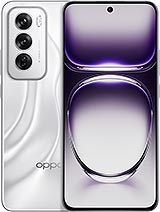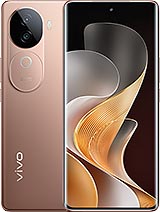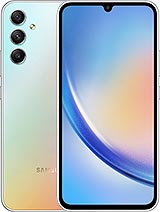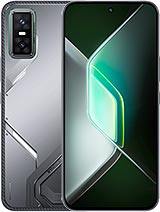iQOO Neo 10 alternatives
Tap above to see alternatives.
Poco F6 alternatives
Tap above to see alternatives.
iQOO Neo 10

iQOO Neo 10
-
Snapdragon 8s Gen 4
4 nm
-
7000 mAh
120W
-
6.78"
1260 x 2800 pixels
-
50 MP
4K@30/60fps
-
Specs

1x3.21 GHz Cortex-X4
3x3.0 GHz Cortex-A720
2x2.8 GHz Cortex-A720
2x2.0 GHz Cortex-A720
1x3.0 GHz Cortex-X4
4x2.8 GHz Cortex-A720
3x2.0 GHz Cortex-A520
8GB 256GB (UFS 4.1)
12GB 256GB (UFS 4.1)
16GB 512GB (UFS 4.1)
12GB 512GB (UFS 4.0)
Sony IMX882, f/1.8, (wide), 1/1.95", 0.8µm, multi-directional PDAF, OIS
8 MP
GalaxyCore GC08A3, f/2.2, (ultrawide)
(f/1.6, (wide), 1/1.95", 0.8µm, multi-directional PDAF, OIS)
8 MP
((ultrawide), 1/4.0", 1.12µm)
1080p
1080p@30/60/120/240fps
GalaxyCore GC32E1, f/2.5, (wide)
f/2.2, (wide), 0.8µm
gyro-EIS
SIM1: Nano, SIM2: Nano
SIM1: Nano, SIM2: Nano
12 5G bands
n1, n3, n5, n7, n8, n20, n28, n38, n40, n41, n77, n78
14 5G bands
n1, n3, n5, n7, n8, n20, n28, n38, n40, n41, n48, n66, n77, n78
In this performance comparison, the iQOO Neo 10 with its Qualcomm Snapdragon 8s Gen 4 (4nm) performs better than the Poco F6 with the Qualcomm Snapdragon 8s Gen 3 (4nm), thanks to superior chipset efficiency.
iQOO Neo 10 launched with Android 15 and will receive updates until Android 18, whereas Poco F6 launched with Android 14 and will get Android 17. iQOO Neo 10 will get security updates until 2029 (approx. 4 years), while Poco F6 is supported till 2028.
Both iQOO Neo 10 and Poco F6 feature AMOLED displays, offering vibrant colors and deeper blacks. In terms of smoothness, iQOO Neo 10 offers a higher 144 Hz refresh rate, ensuring fluid scrolling and animations. iQOO Neo 10 also boasts a brighter screen with 4400 nits of peak brightness, enhancing outdoor visibility. Notably, iQOO Neo 10 offers a higher screen resolution, resulting in sharper visuals and more detailed content.
iQOO Neo 10 comes with a larger 7000 mAh battery, which may offer longer usage on a single charge. iQOO Neo 10 also supports faster wired charging at 120W, compared to 90W on Poco F6.
iQOO Neo 10 offers better protection against water and dust with an IP65 rating.
¹ Scores can vary even with the same chipset due to RAM, thermals, and software optimization.











